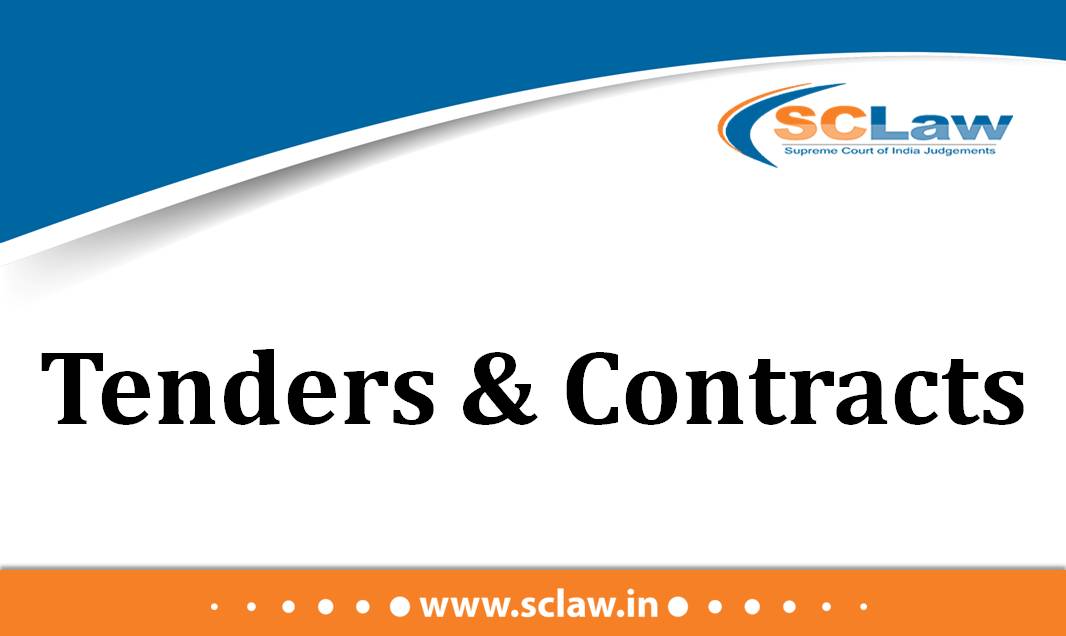Lawyers’ Strikes – No member of the Bar can go on strike and/or abstain himself from court working – High Courts to constitute Grievance Redressal Committee in their respective High Courts which may be headed by the Chief Justice
SUPREME COURT OF INDIA DIVISION BENCH DISTRICT BAR ASSOCIATION DEHRADUN — Appellant Vs. ISHWAR SHANDILYA AND OTHERS — Respondent ( Before : M.R. Shah and Ahsanuddin Amanullah, JJ. ) M.A.…









